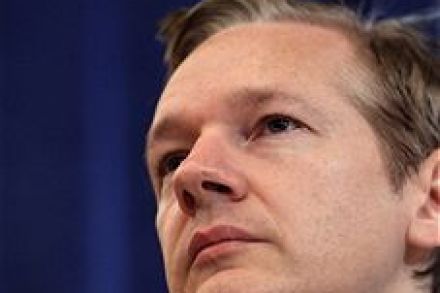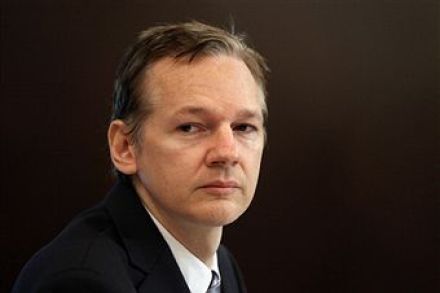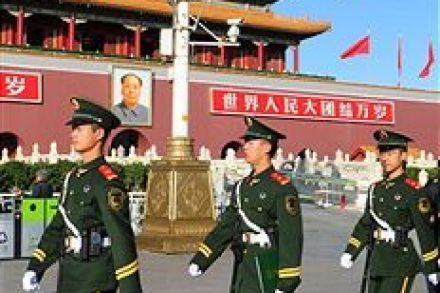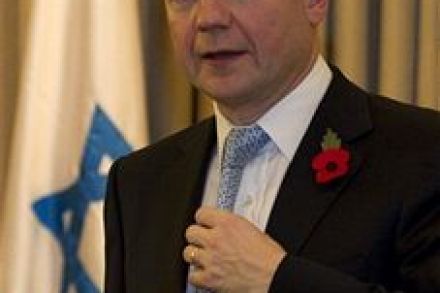What’s with the Wiki-fuss?
The whole Wikileaks scandal reminds me of a recent conversation I had, at his request, with a member of a foreign diplomatic service. The country he represented is a long-standing British ally and I saw no harm in talking to him as I didn’t say anything which I hadn’t said, or wouldn’t say, in print. Most of the chat was the usual stuff: what are Cameron’s prospects, what does he believe, will the Lib Dems last out five years, who are the real powers in Downing Street, what will happen to Andy Coulson, who are the new MPs worth watching etc. I suspect that what we discussed, along with many



















